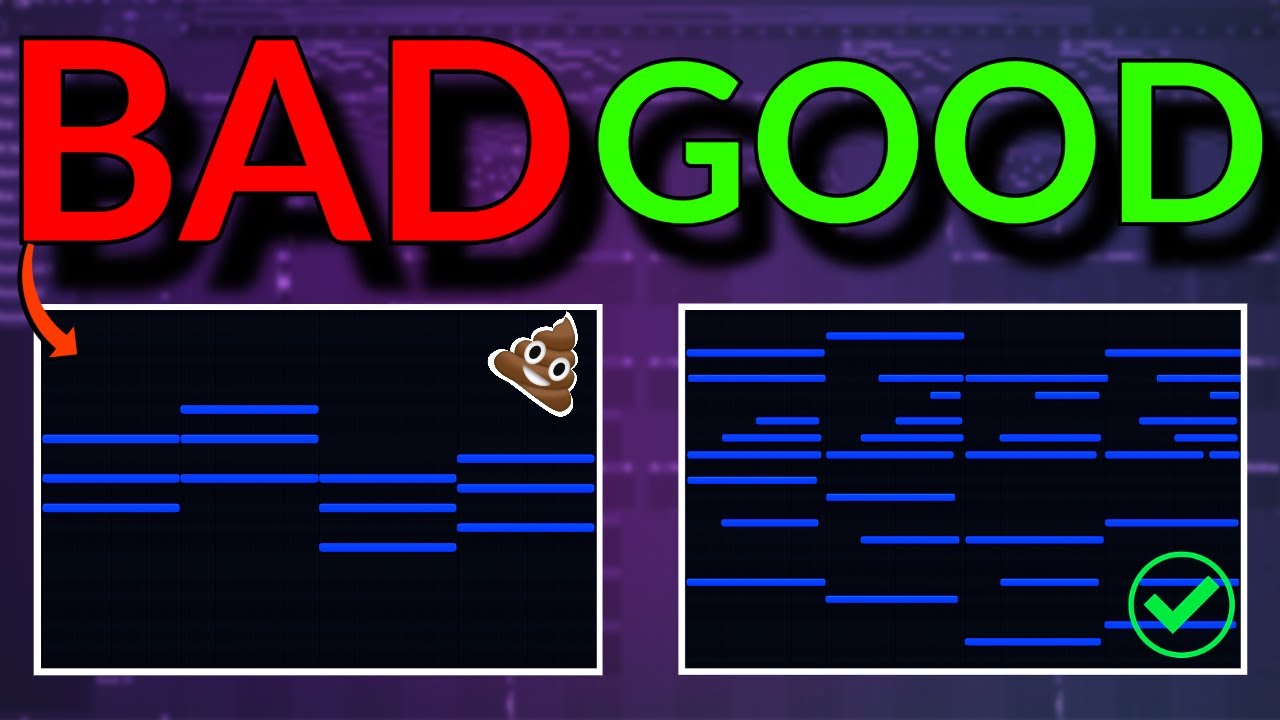The 4 things it takes to be an expert
Summary
TLDRDieses Video-Skript enthüllt die Geheimnisse hinter Expertise und zeigt, wie Wissen, Erkenntnis und gezielte Übung zu herausragenden Fähigkeiten führen. Es erläutert, dass Chessmeister nicht an allgemeineren Merkfähigkeiten überlegen sind, sondern durch das Erkennen von Muster in Schachpositionen ihre Intuition stärken. Der Fokus liegt auf der Bedeutung bewusster Wiederholung, zeitnaher Rückmeldung und sorgfältiger, herausfordernder Übung, um Experten in ihren jeweiligen Bereichen zu formen. Das Skrippt nutzt Beispiele von Magnus Carlsen, einem fünffachen Schachweltmeister, und Grant Gussman, der 23.000 Ziffern des Kreiszahlpi memorisiert hat, um die Prinzipien der Expertise zu veranschaulichen.
Takeaways
- 🧠 Die Expertise beruht auf der Erkennung komplexer Muster durch das Langzeitgedächtnis, das durch strukturierte Informationen aufgebaut wird.
- 🎯 Um Experten zu werden, müssen viele Wiederholungen, zeitnahe Rückmeldungen und tausende Stunden sorgfältiger, zielgerichteter Übung stattfinden.
- 🔢 Die Zahl der Pi-Ziffern, die Grant Gussman memorisiert hat, beträgt 23.000, was die Vorbereitung für die Herausforderung des nordamerikanischen Rekords widerspiegelt.
- 🤔 Die Untersuchung von Schachmeistern zeigte, dass sie im Allgemeinen nicht in Intelligenz, räumlicher Vorstellungskraft oder Kurzzeitgedächtnis überlegen sind, sondern in ihrem spezifischen Fachwissen.
- 🤹♂️ Experten haben eine Fähigkeit namens 'Chunking', bei der sie komplexe Situationen wie Schachpositionen als ein einzelnes Muster erkennen.
- 🃏 Schachmeister erinnern sich an Positionen, indem sie an erkannte Muster erinnern, ähnlich wie wir Gesichter erkennen und darauf aufbauend vorhersagen, was als Nächstes passieren wird.
- 🎓 Die Entwicklung des Langzeitgedächtnisses eines Experten kann 10.000 Stunden dauern, aber reine Übung ist nicht ausreichend; es müssen vier zusätzliche Kriterien erfüllt sein.
- 🔮 Es ist schwierig, Experten in Bereichen zu finden, in denen sie keine wiederholte Erfahrung mit dem gleichen Problem haben, wie bei Politik- und Wirtschaftsprognosen.
- 🎰 Die Umweltbedingungen müssen valid sein, um Regelmäßigkeiten zu erkennen und zu lernen, wie beim Roulettespiel, wo es keine zu erlernenden Regelmäßigkeiten gibt.
- 🏆 Warren Buffet gewann einen Wettbewerb, indem er einen Indexfonds auswählte, der die Leistung von Hedge-Fonds überträffter, da Aktienmärkte in der kurzen bis mittleren Frist zufällig sind.
- 🚀 Um kontinuierlich zu lernen und wachsen zu können, muss man in die unbequeme Zone treten und sich wiederholt mit Herausforderungen konfrontieren, die man noch nicht meistern kann.
Q & A
Wie viele Ziffern von Pi hat Grant Gussman sich gemerkt?
-Grant Gussman hat sich 23.000 Ziffern von Pi gemerkt.
Was ist das Ziel von Grant Gussman hinter dem Merken von 23.000 Ziffern von Pi?
-Sein Ziel ist es, den nordamerikanischen Rekord zu herausfordern.
Wer ist Magnus Carlsen und was kann er in Bezug auf Schachbrettpositionen tun?
-Magnus Carlsen ist fünffacher Schachweltmeister. Er kann Schachbrettpositionen identifizieren, in denen sie auftraten, und weiß, wer an der Schwarzen Seite gespielt hat.
Was haben frühere Wissenschaftler herausgefunden, was Schachmeistern wie Magnus Carlsen auszeichnet?
-Sie haben herausgefunden, dass Schachmeister als Gruppe in keiner der Maße wie IQ, räumliches Denken oder Kurzzeitgedächtnis außergewöhnlich sind, sondern dass sie in der Erinnerung von Schachpositionen, die in einem echten Spiel auftreten könnten, deutlich überlegen sind.
Was ist das Konzept des 'Chunking'?
-Chunking ist das Konzept, bei dem das Gehirn komplexe Stimuli als eine Sache erkennt, indem es sie in kleinere, erkennbare Konfigurationen unterteilt, die im Langzeitgedächtnis gespeichert sind.
Was ist die Bedeutung von 'Deliberate Practice'?
-Deliberate Practice bezieht sich auf das bewusste und methodische Üben jenseits des Komfortzones, bei dem man sich wiederholt auf Fähigkeiten konzentriert, die man noch nicht beherrscht.
Was sind die vier zusätzlichen Kriterien, die erfüllt sein müssen, um ein Experte zu werden?
-Die vier Kriterien sind: viele wiederholte Versuche mit Feedback, eine gültige Umgebung, die regelmäßige Vorkommensmustern enthält, die Möglichkeit, sich in der Unbekannten zu üben und Deliberate Practice.
Warum sind viele Experten in ihren jeweiligen Bereichen nicht in der Lage, die Ergebnisse zu verbessern?
-Viele Experten sind nicht in der Lage, ihre Leistung zu verbessern, weil sie sich in ihrer Praxis oft nicht in der Unbekannten bewegen und nicht genug Deliberate Practice betreiben.
Was ist der Unterschied zwischen der Leistung von Anästhesisten und Radiologen hinsichtlich des Feedbacks?
-Anästhesisten erhalten unmittelbares Feedback über die Wirksamkeit ihrer Maßnahmen, während Radiologen oft verzögertes oder kein Feedback zu ihren Diagnosen erhalten, was ihre Fähigkeit, Muster zu erkennen und zu verbessern, einschränkt.
Was zeigt die Studie von Richard Melton über die Vorhersage der Noten von Erstsemestern?
-Die Studie zeigt, dass ein von Melton entwickeltes Algorithmus, der nur eine kleine Auswahl an Informationen verwendet, genauer war als die Vorhersagen von 11 von 14 Beratungsbeamten, die auf umfangreichere Informationen zugreifen konnten.
Wie kann man das Konzept des Deliberate Practice in der Praxis anwenden?
-Man kann Deliberate Practice anwenden, indem man aktiv in der Unbekannten übt, sich ständig neue Herausforderungen stellt und sich in schwierigen Situationen bewegt, um die Fähigkeiten weiter zu verbessern.
Outlines

Dieser Bereich ist nur für Premium-Benutzer verfügbar. Bitte führen Sie ein Upgrade durch, um auf diesen Abschnitt zuzugreifen.
Upgrade durchführenMindmap

Dieser Bereich ist nur für Premium-Benutzer verfügbar. Bitte führen Sie ein Upgrade durch, um auf diesen Abschnitt zuzugreifen.
Upgrade durchführenKeywords

Dieser Bereich ist nur für Premium-Benutzer verfügbar. Bitte führen Sie ein Upgrade durch, um auf diesen Abschnitt zuzugreifen.
Upgrade durchführenHighlights

Dieser Bereich ist nur für Premium-Benutzer verfügbar. Bitte führen Sie ein Upgrade durch, um auf diesen Abschnitt zuzugreifen.
Upgrade durchführenTranscripts

Dieser Bereich ist nur für Premium-Benutzer verfügbar. Bitte führen Sie ein Upgrade durch, um auf diesen Abschnitt zuzugreifen.
Upgrade durchführenWeitere ähnliche Videos ansehen

Make GREAT Chord Progressions EASILY

Neuromarketing – wie uns Werbung manipuliert

Macht Zucker dumm? | 42 - Die Antwort auf fast alles | ARTE

Jordan Peterson : How to Stop being the Nice Guy

How I Make YouTube Automation Videos With AI (and go viral)

HARRY POTTER - Hidden Messages In The Music

get used to disappointing women (you are the captain of the ship)
5.0 / 5 (0 votes)